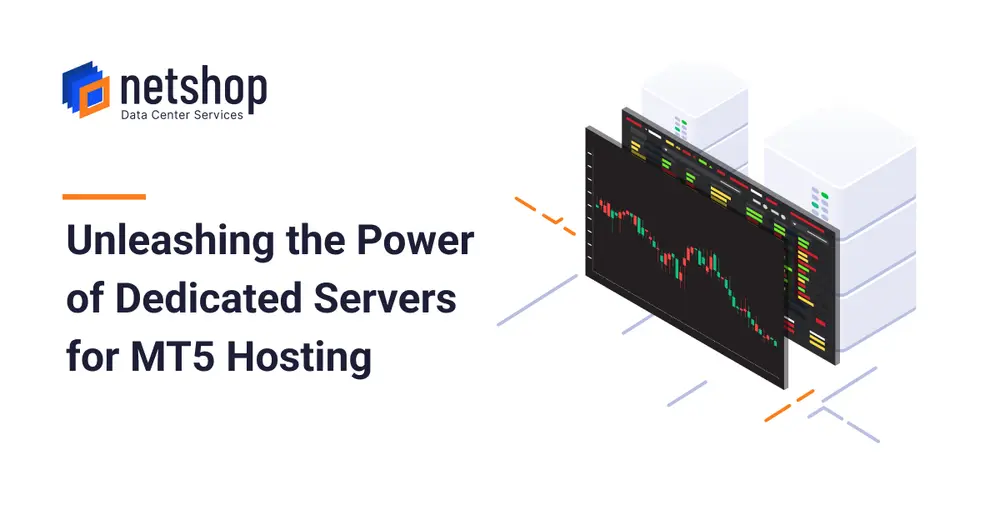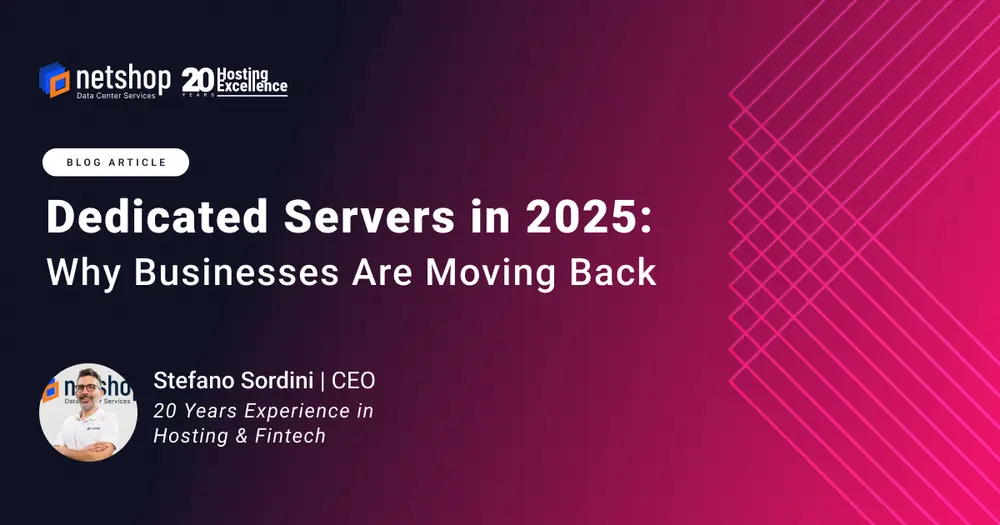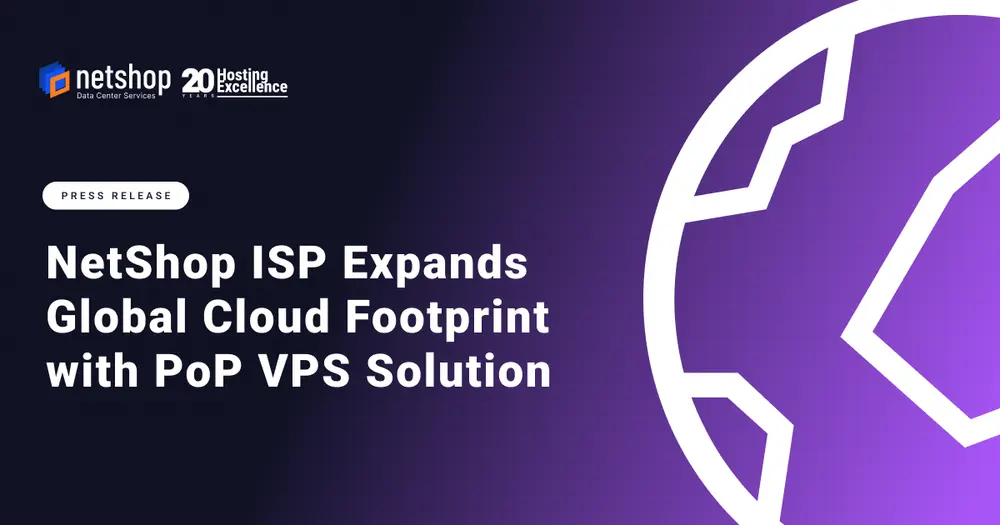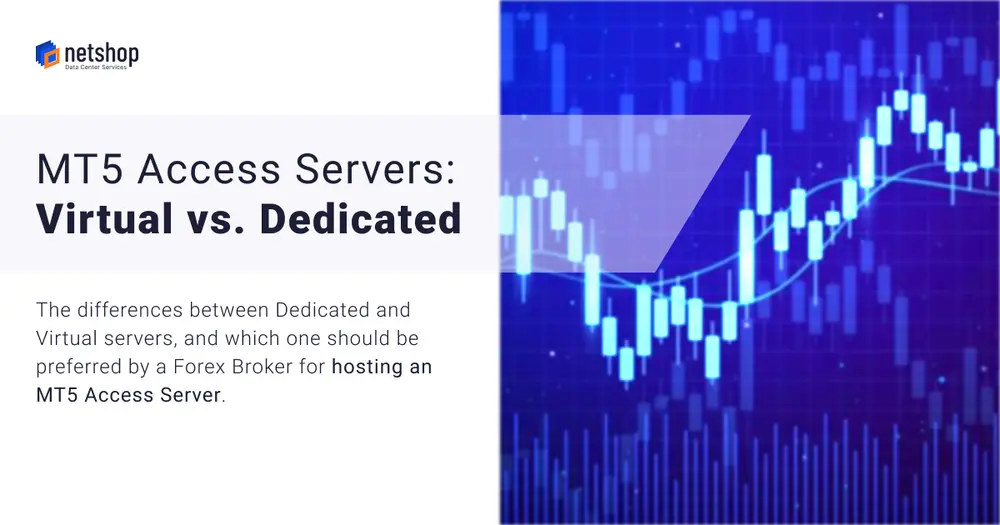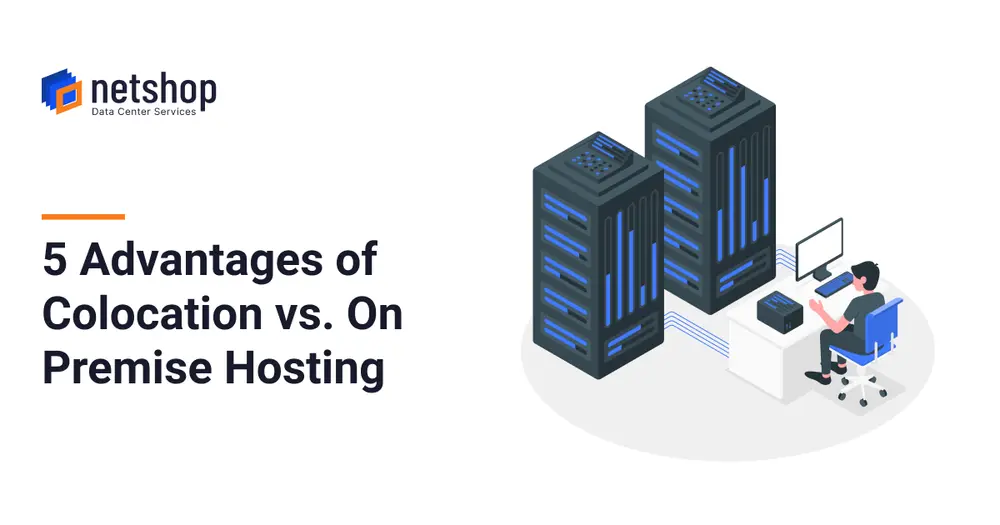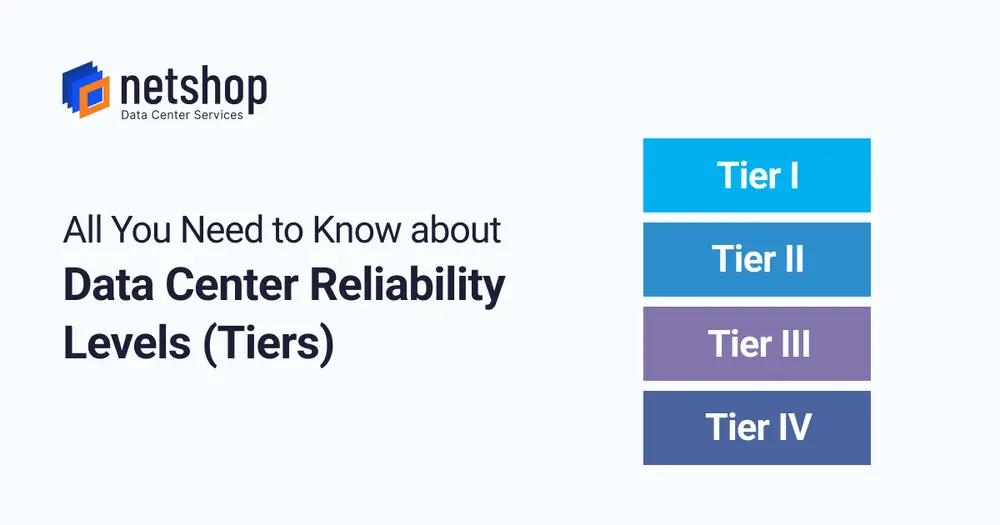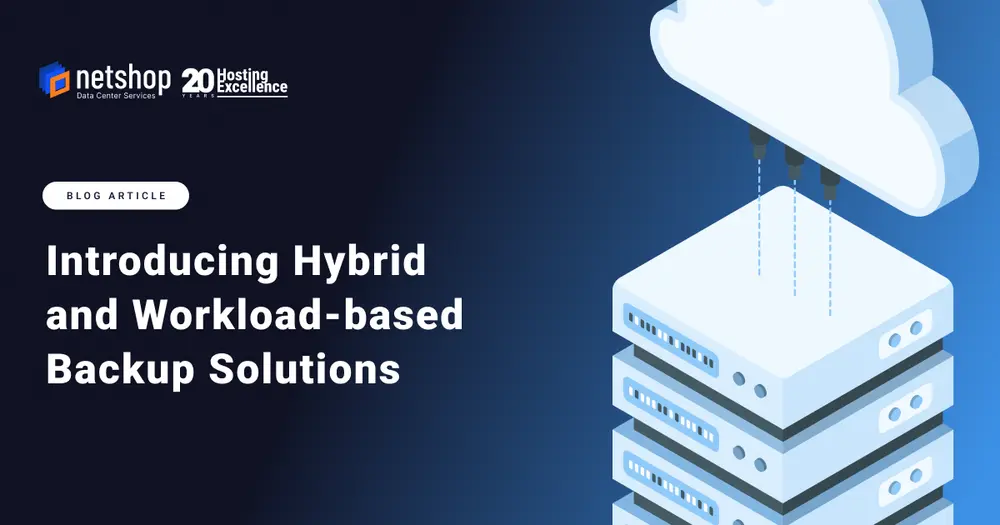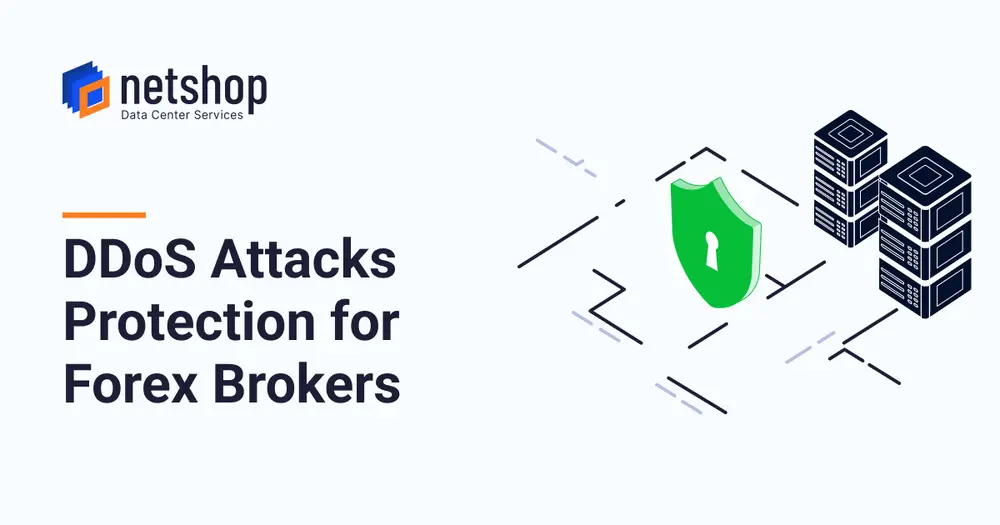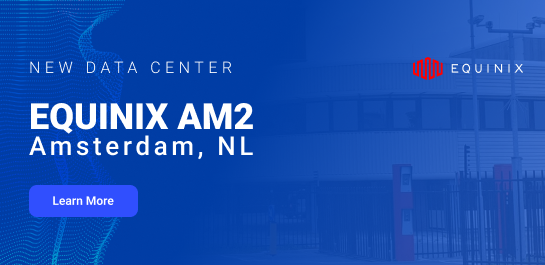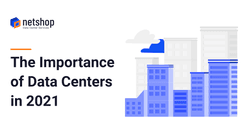Updated on 26 May, 2021
Understanding the roles and functions of a business IT infrastructure is a must. Why? It is through establishing this infrastructure that your business data and information can properly be taken good care of. That is why you need data centers because they are used to make sure that there is continuity of the IT infrastructure of your business.
Most businesses these days, small or big, are contracting data centers. They are doing this because they believe in their tested servers to perform even if there is a power outage in one locality. They have backup generators for electricity production purposes. They need backup generators because their operation should not stop.
A normally functioning data center should offer 100% Uptime SLAs, UPS and Generators. These are the important aspects to protect the data even during the time of an inevitable outage. They also have backups for Internet trouble. They have 24/7 technical support that purposely functions to give a controlled access to its clientele. They are well trained in providing a tight security, monitoring services, and surveillance services round the clock.
Data Centers Protect Your Business Data
Today, computer hardware is constantly evolving. From the larger versions in the past to getting so smaller at present. In terms of efficiency, capacity and speed, today’s hardware is more efficient, more powerful and faster. However, the processing power of a particular computer hardware inside your office is not enough to cater to the needs of your clients when it comes to storing and managing bulky files and information. Therefore, there should be a strategy to manage information and data properly. And this is where data centers play their important role and functions for all business organizations globally.
To some extent, the data being processed daily by a medium sized business entity are voluminous. The specific business groups that need a data center may include but not limited to telecommunication companies, educational bodies, financial groups, retailing businesses, and any other data-driven business forms. Ensuring customer satisfaction is the bottom line why these businesses need the support of a data center.
It is quite necessary to note that even big companies like Amazon, Google and Facebook are relying on data centers. Why? Because of the fact that without a data center, their data can’t be stored, processed, and managed effectively, efficiently. But most of those big companies have established cloud-based data center services. They put up virtual servers with backups and they build a more sophisticated data infrastructure.
Those small and medium sized companies are relying on other types of information centers such as Colocation and Enterprise Data Centers. A colocation data center is operating a facility that a company can rent. There is an exclusive space for the computing hardware and servers. It further provides a particular physical space, cooling system, power source, as well as physical and bandwidth security. Then, the customer is typically obliged to provide storage and servers.
Moreover, an enterprise data center has a number of data centers. Each of those centers has a task to sustain some important functions and roles. There are mainly three classifications under this type of a data center: Extranet, Intranet, and Internet.
Data Centers Enhance the Reliability of your Infrastructure
Way back in 2011, there was study conducted by International Data Corporation that said that there were 1.8 zettabytes (ZB) or 1.8 trillion gigabytes (GB) being produced that year. Furthermore, such figure had increased in the succeeding year, 2012, as the data generated had reached to 2.8 ZB more or less. Then there has been a speculation that by 2020, the data are expected to reach 40 ZB.
The constant increase in data accumulation and production each year should trigger businesses all over the world to find the significance of an operational data center. May it be cloud-based or server-based, storing a data in a certain platform and managing the same can be a tricky and tedious thing to do. But with the expertise of the service providers, it can easily be done. In fact, it has been noted that centralized computing networks are the answer to the problems associated with voluminous data storage.
Know Your Data Center Provider
Regardless of the type of hosting you will acquire (shared web hosting, VPS, cloud instances, dedicated servers or colocation), a business owner should know in which Data center his business infrastructure and critical data will be hosted at.
For example, Acronis maintains data centers infrastructure around the world. While its default location for cloud backups is in the United Kingdom, users have the option to choose other locations as well depending on their primary data location. If you are using Acronis Cloud Backup through a Service Provider like NetShop ISP, then you have the opportunity to have your servers and data backed up in a Service Provider’s hosted infrastructure. In both cases, you have the right to ask in which data center your backup is pointing to.
For more information about NetShop ISP’s Data Centers around the world visit this page or contact our 24/7 Customer Service team via Live Chat, Skype and E-mail.
